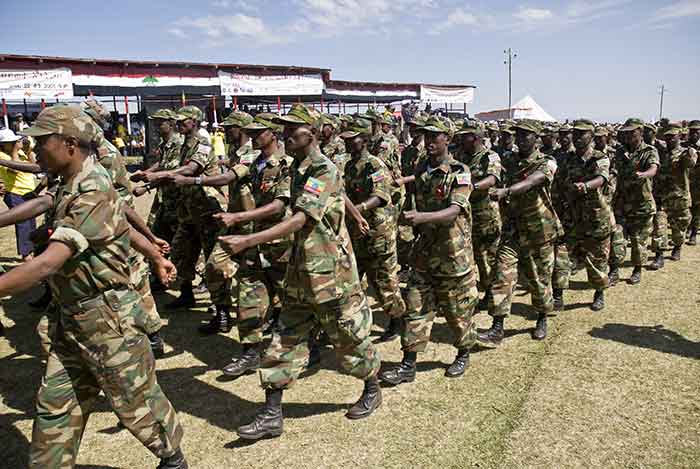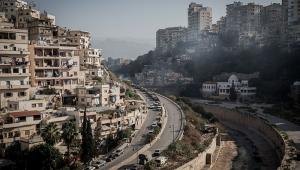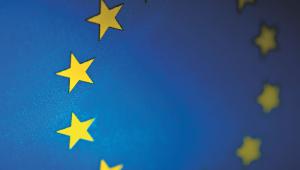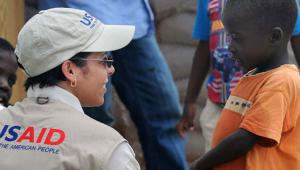The OECD’s Development Assistance Committee is set to discuss the proposals to expand the definition of overseas aid – or Official Development Assistance – to include some defence and security financing this week, although the NGOs said the ideas are already being mooted behind closed doors.
The proposals are being pushed by a number of European governments, including the UK.
Representatives from NGOs including Oxfam, Eurodad, and ONE warned that if implemented, the proposals will divert already scarce aid and development resources away from where they are most needed and disguise efforts to shore up Europe’s security as overseas aid.
Sara Tesorieri, deputy head of Oxfam’s EU office, said development aid should empower the world’s poorest and support the establishment of democratic institutions and respect for human rights, not fill rich countries’ “budget gaps or advance their security agenda”.
“If donor countries divert more resources away from development, hundreds of millions of poor people will lose out,” she said.
The forthcoming high-level meeting of the OECD-DAC takes place in Paris on Thursday and Friday, following four years of review on how ODA and development finance can be adapted to the current geopolitical and financial landscape.
The meeting in Paris is expected to determine whether, and if so how, the definition of ODA will be revised to cover some defence and security spend, such as funding used for preventing violent extremism, military training for “non-combat” peace building operations, police training and security costs.
To be classed as ODA under current regulations, funding must have the economic development and welfare of developing countries as its main objective, and cannot include any military equipment or services, anti-terrorism activities or peacekeeping expenditures.
The cost of using donors’ armed forces to deliver humanitarian aid and some “closely-defined developmentally relevant activities within peacekeeping operations” are the only exceptions.
The meeting will also consider how far the cost of helping refugees in Europe can be classed as development aid, new reporting directives for private sector instruments and discuss the role of the DAC in fulfilling the 2030 Agenda, including whether it should adapt its tools, products and partnerships.
The NGOs said they are concerned that changes in reporting rules will mean a significant portion of funds destined for development aid will be spent in donor countries, will not always be focused on development and will mean less money for aid programmes and poverty reduction in developing countries.
This could undermine the credibility of ODA as a whole, they warned.
Jeroen Kwakkenbos, policy and advocady manager at Eurodad, said already “flawed rules” at the OECD mean that aid can be used for sizeable expenses in rich countries, such as refugee and overseas student costs, and even to subsidise multinational corporations in donor countries.
“The aid budget is clearly a completely inappropriate source of funding for defence and security measures. These new proposals could divert even more money away from the world’s poorest in order to serve the domestic and foreign policies of rich countries,” he said.
The coalition of organisations, which also includes BOND, Dochas, Global Citizen and Save the Children, have called for ODA to exclude defence, security and in-country refugee costs, as well as for developing countries and NGOs to be included in redefinitions of ODA, and to ensure refugees are given the protection they need without this coming at the cost of the world’s poorest.














